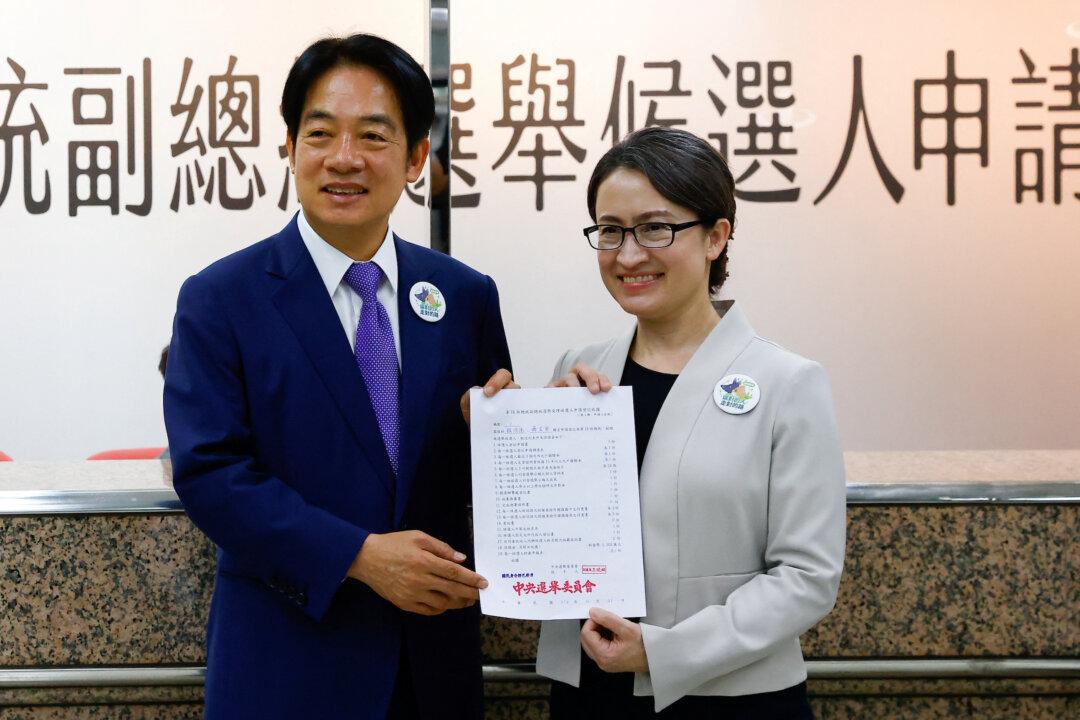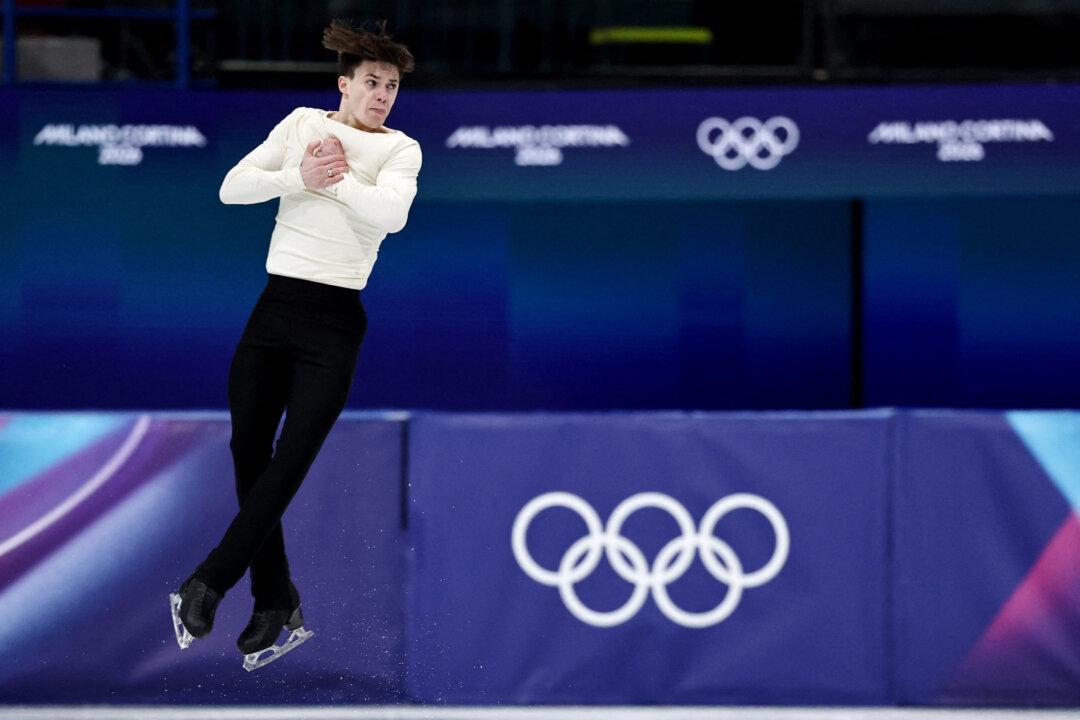Taiwan’s people have to make a choice at next year’s election about whether the island keeps moving forward on the road to democracy or “walk into the embrace of China,” the frontrunner to be the next president said on Tuesday.
The issue of China, which claims Taiwan as its own territory, looms large ahead of the Jan. 13 presidential and parliamentary elections, especially as Beijing has been stepping up its military pressure against the island.





